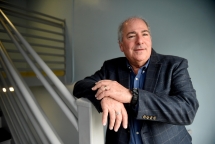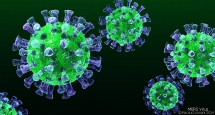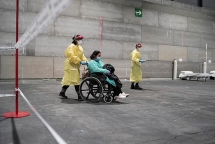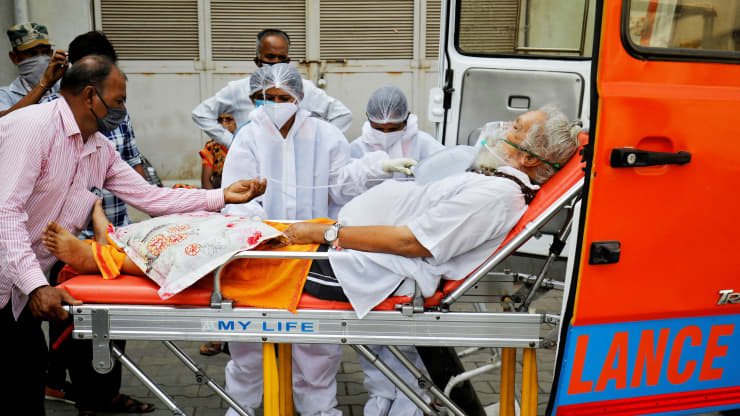Coronavirus may have spread in humans for years, study says
| How to overcome coronavirus anxiety and fear | |
| Coronavirus latest: What else we still don’t know about? | |
| Coronavirus doesn't affect only the lungs, new research suggests |
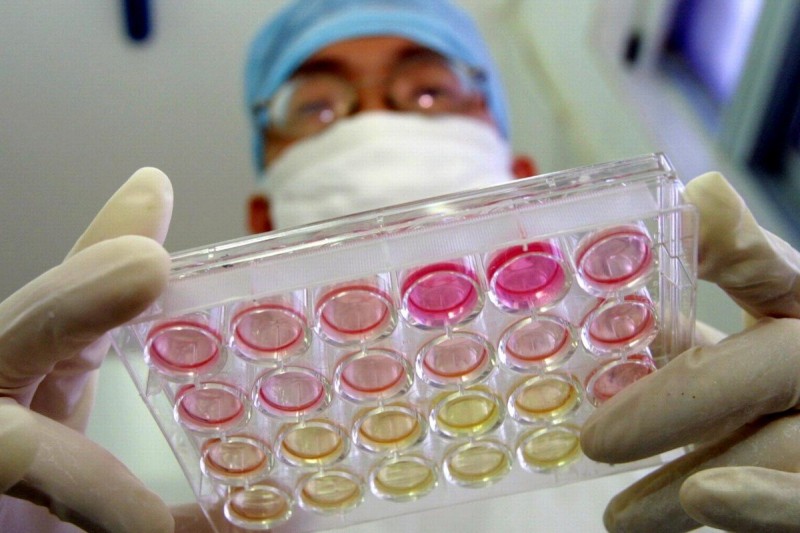 |
| The novel virus might have jumped to human years, or decades ago (Photo: SCMP) |
The study raises some interesting possibilities regarding the origin of the new coronavirus. One of the scenarios suggests the virus may have been circulating harmlessly in human populations for quite a while before it became the pandemic that's now stopped the world in its tracks.
"It is possible that a progenitor of SARS-CoV-2 jumped into humans, acquiring new genomic features through adaptation during undetected human-to-human transmission," the team from the US, UK and Australia writes in the study.
"Once acquired, these adaptations would enable the pandemic to take off and produce a sufficiently large cluster of cases."
The researchers analyzed genomic data available from SARS-CoV-2 and other similar coronaviruses, showing that the receptor-binding domain (RBD) sections of SARS-CoV-2 spike proteins were so effective at binding to human cells, they had to be caused by natural selection.
"By comparing the available genome sequence data for known coronavirus strains, we can firmly determine that SARS-CoV-2 originated through natural processes," said one of the researchers, immunologist Kristian Andersen at Scripps Research.
"Two features of the virus, the mutations in the RBD portion of the spike protein and its distinct backbone, rules out laboratory manipulation as a potential origin for SARS-CoV-2."
With 'laboratory experiment gone wrong' out of the way, the team explored two viable hypotheses. First, that the natural selection occurred in an animal host before the virus was transmitted to humans. The team explains that although samples of coronaviruses in bats and pangolins have shown similar genomes, none of them fit perfectly just yet.
"Although no animal coronavirus has been identified that is sufficiently similar to have served as the direct progenitor of SARS-CoV-2, the diversity of coronaviruses in bats and other species is massively undersampled," the researchers write.
The second hypothesis is that the natural selection happened in humans - after the virus was transmitted from an animal host.
"The second scenario is that the new coronavirus crossed from animals into humans before it became capable of causing human disease," director of the National Institute of Health, Francis Collins explains on the NIH blog.
"Then, as a result of gradual evolutionary changes over years or perhaps decades, the virus eventually gained the ability to spread from human-to-human and cause serious, often life-threatening disease."
Although we don't yet know which of the two hypotheses is correct, the researchers think that more evidence might tip the scales in favour of one or the other - but we'll have to wait for that research to be done.
In the meantime, wash your hands, stay home, and help with the effort if you can.
The study, conducted by Kristian Andersen from the Scripps Research Institute in California, Andrew Rambaut from the University of Edinburgh in Scotland, Ian Lipkin from Columbia University in New York, Edward Holmes from the University of Sydney, and Robert Garry from Tulane University in New Orleans, was published in the scientific journal Nature Medicine on March 17.
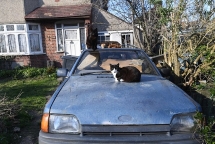 | A cat in Belgium infected with coronavirus A house cat has been infected with the novel coronavirus in Belgium after being contaminated by its owner, Belgian health authorities said Friday (Mar 27). |
 | Helpful information regarding COVID-19 and contact lens To reduce the spread of the pandemic virus that causes COVID-19, eye doctors suggest people switch from contact lenses to glasses. |
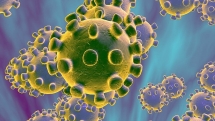 | How coronavirus damages the lungs? (Video) The Washington, D.C., hospital recently released a 3D showing extensive damage to the lungs of a generally healthy 59-year-old male with high blood pressure, who ... |
Recommended
 World
World
India strikes back at terrorists with Operation Sindoor
 World
World
India sending Holy Relics of Lord Buddha to Vietnam a special gesture, has generated tremendous spiritual faith: Kiren Rijiju
 World
World
Why the India-US Sonobuoy Co-Production Agreement Matters
 World
World
Vietnam’s 50-year Reunification Celebration Garners Argentine Press’s Attention
 World
World
"Will continue offering our full support to Indian govt": US FBI Director after Pahalgam attack
 World
World
"Great Leader": JD Vance Lauds PM Modi During His India Visit
 World
World
Trump’s Tariff Pause: A Strategic Move from “The Art of the Deal”?
 World
World

